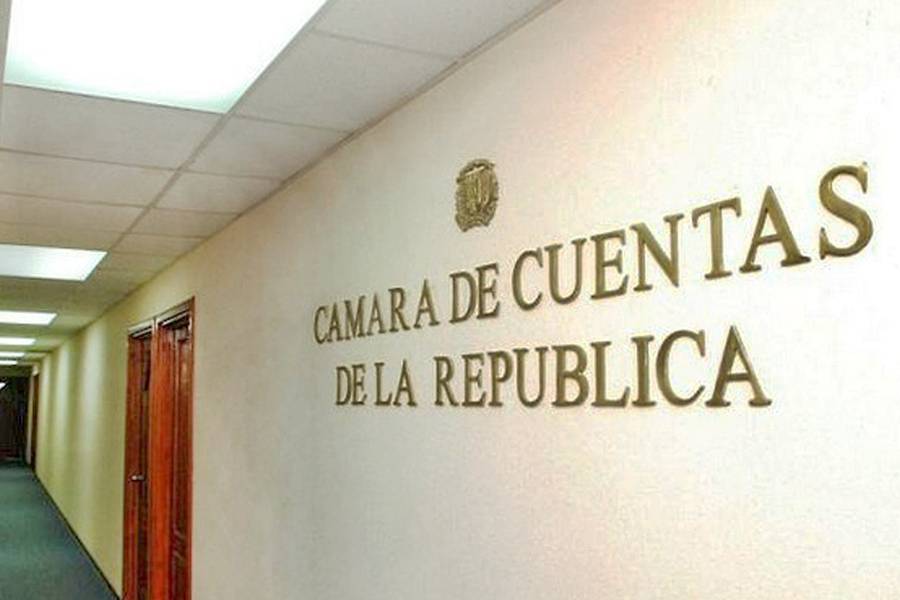Members of the business chambers, representatives of the Pit-Cnt and the authorities of the Ministry of Labor and Social Security (MTSS), met this Friday the 22nd in the afternoon to convene the 88 private sector groups, and thus begin the first negotiations to deal with the possibility of advancing the salary adjustment planned for the year 2023 in the sector.
Regarding the meeting, the Labor Minister, Pablo Mieres, said at a press conference that “I think it was a very good meeting. There was receptivity from both parties, and the proposal made by the Executive Power, as a firm suggestion, in the sense that it is important that the adjustment for inflation can be brought forward to 2022. This was heard, there were some comments, but nobody can anticipate results because it also does not correspond ”. On behalf of the MTSS, in addition to Pablo Mieres, the Undersecretary, Mario Arizti, and Federico Daverede, National Labor Director, were present.
The Secretary of State added that the issue “is discussed at each table,” and that not all groups were represented at this Friday’s meeting. “Starting next week, the MTSS will begin to convene around 80 tables that have a corrective fixed at 24 months,” said Mieres, adding that there are varied sectors, including commerce, industry, financial services and the agricultural sector. , among others. He said that the sectors most affected by the pandemic, including tourism and culture, are not included in this call, and clarified that “as of July 1, they begin a negotiation after having gone through two periods of a year in which they have suffered a negative impact”.
About possible doubts on the part of businessmen, Mieres said that in reality there were “questions”, more than anything “clarifications”. He also pointed out that “we are not proposing to review the agreements, but simply the clause that has to do with the adjustment for inflation, only for those tables that had scheduled it for two years.” The minister also explained that those classified as “price-setting sectors” are not included in this call, because “when they agreed on their agreements, they made more frequent adjustment agreements for inflation.”
For his part, Jorge Bermúdez (union leader) said that the Pit-Cnt attended the meeting called by the Executive Power, and that it did so “in the context of a situation of loss of purchasing power of wages due to the advance of the inflation”, and that the “inflation experienced today exceeds projected inflation”. “There is a loss of real wages for a very important group, and about 300,000 workers are linked to this reality in about 80 sectors of activity, and therefore the proposition of the Executive Power is to convene those sectors to negotiate the advancement of the corresponding corrective”, he said.
“For us, and the government does not agree with that, it is also essential to adjust the national minimum wage because there are many workers who are not formalized, where the minimum wage is a key element used to adjust their income.” Consulted by the businessmen, he said that in the sector “there were more doubts than certainties”, and added that the Pit-Cnt has already expressed it, reaffirmed it and will reiterate it on May 1: “Here, to state that the loss of salary and the increase in inflation is caused by the war in Russia and Ukraine, it is not to speak of reality. For us, it is that there is a government economic policy with a vision that takes workers’ wages as an adjustment variable. And therefore, what must change is economic policy. This is the central issue,” said Bermúdez.
“Meanwhile, as the government’s announcements of wage increases, including some on account, are totally insufficient, we believe that the call to discuss the attempt to avoid greater wage loss, of course, for us is a valid and necessary discussion, but that does not mean that it will solve the situation of poverty, loss of wages and people eating in popular pots that we see throughout the country, “he said. He added that the Pit-Cnt agrees with the convening of the tables, and stressed that it is important for the government to recognize that there is a drop in wages, and that real inflation far exceeds the expected inflation.

















